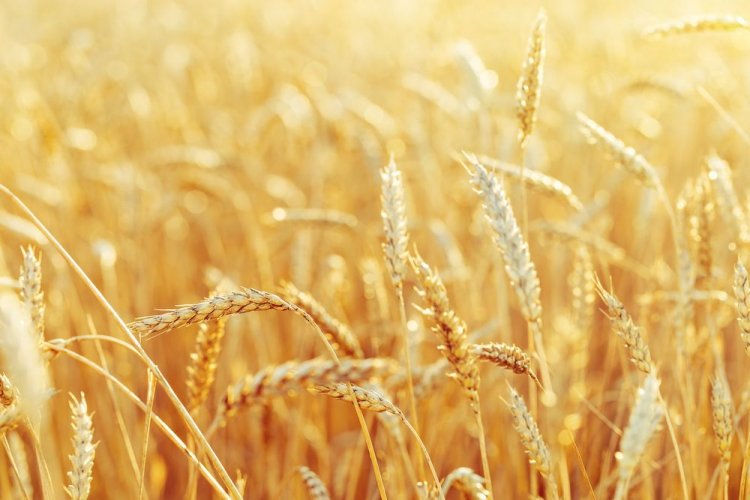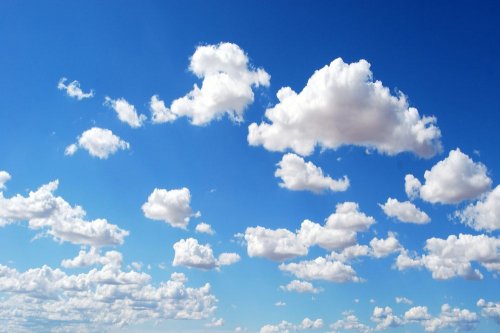As a result of Russia's attack on Ukraine, about 13 million people around the world may face food shortages.
Writes about it The Wall Street Journal referring to the report of the experts of the Rome Food and Agriculture Organization of the United Nations (FAO).
It is noted that Ukraine and Russia provide more than 30% of world wheat exports, which may significantly decrease as a result of military actions and sanctions against Moscow.
International food and animal feed prices could rise up to 22% this year and in 2023 as a result of Russia's invasion of Ukraine.
After all, Russia is the world's largest exporter of wheat, and Ukraine is the fifth largest. Both countries together provide more than a third of the world's grain exports.
The massive population displacement caused by the war could make it impossible for Ukraine to harvest this year, while the outlook for Russian exports next year remains uncertain.
"Possible disruptions to agricultural activity for these two major exporters of key commodities could seriously aggravate food security around the world when international food and commodity prices are already high and volatile," said FAO Director-General Qu Dongyu.
The main risk factor is whether farmers in Ukraine will be able to harvest crops in June. In addition, the Ukrainian Black Sea ports are closed, from where ships carrying grain leave. Export of products by rail will not be possible.
The agency said it does not expect major disruptions to agricultural production in Russia in the short term, but noted that agricultural production costs could rise due to financial sanctions, pushing up prices.
As reported EcoPolitics , Ukrainians were urged to click on the Marine Stewardship Council (MSC) international certification system to they suspended the "environmental" certificates for Russian seafood.





